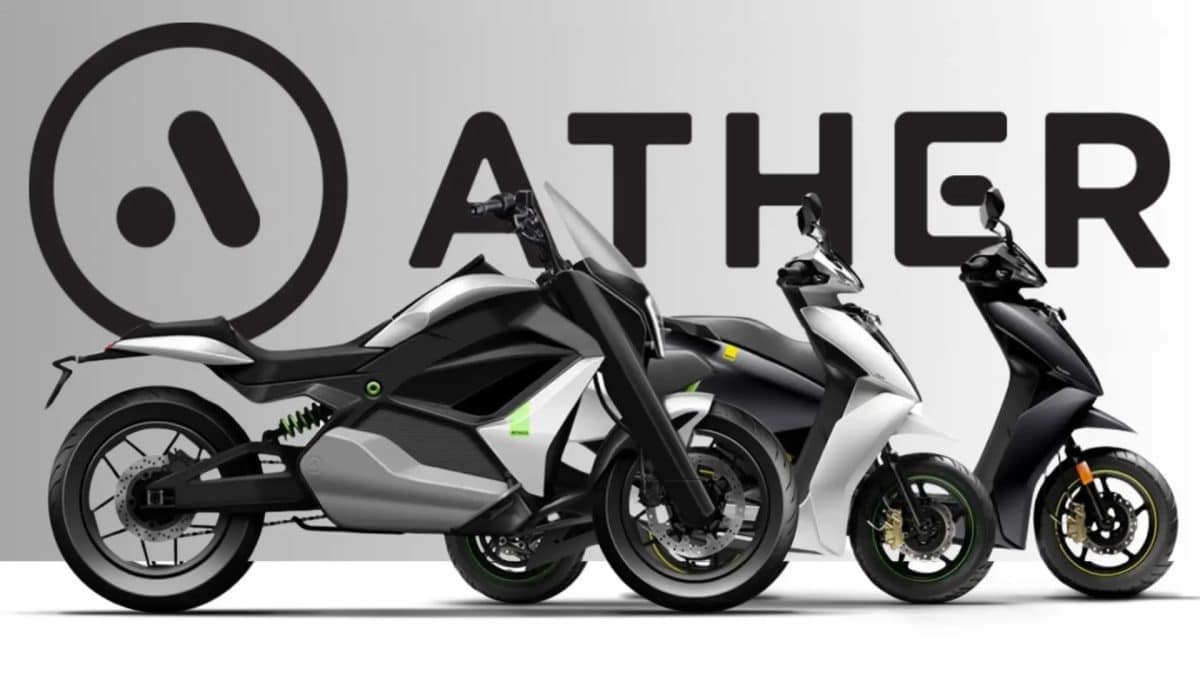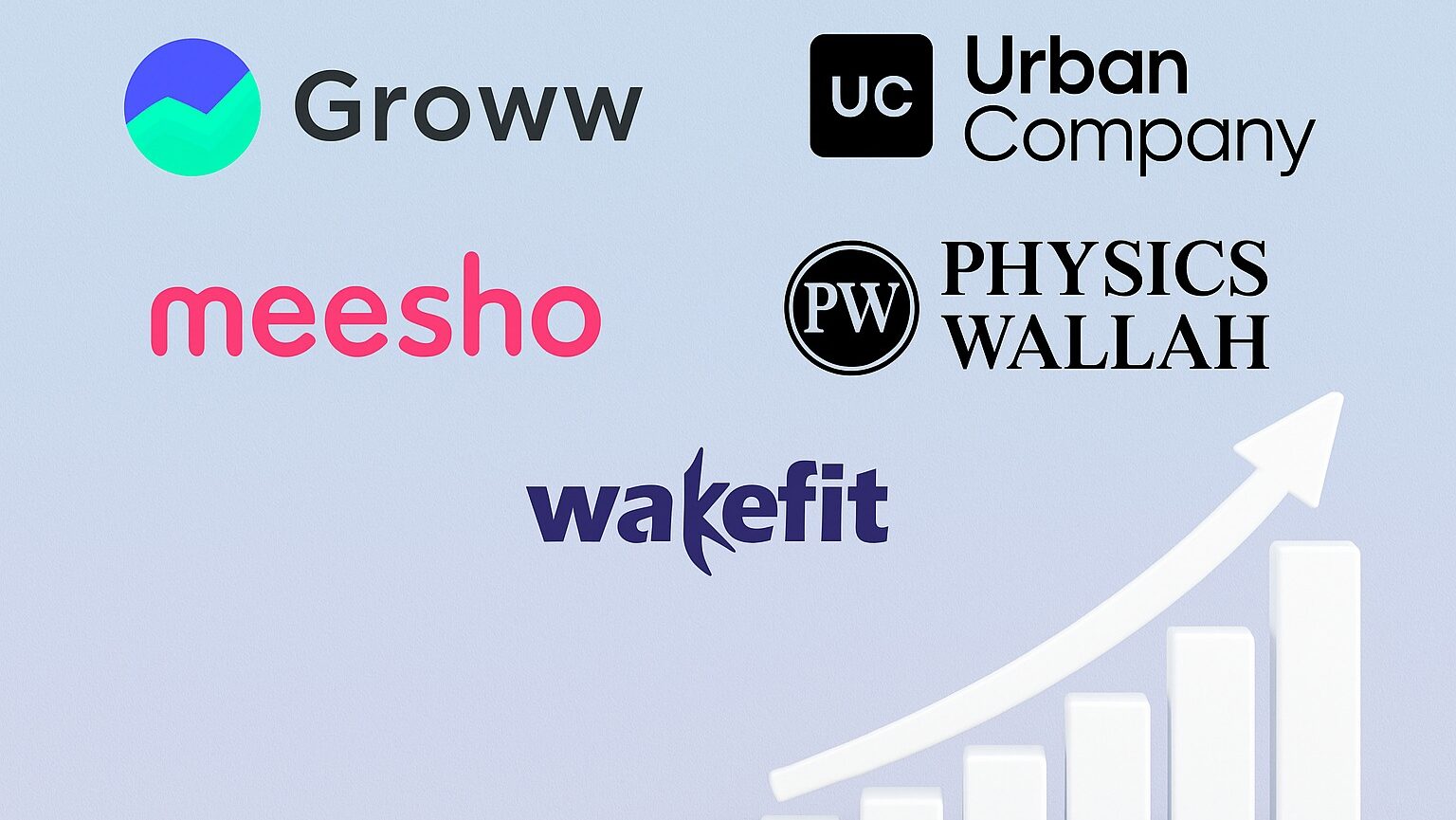Ather Energy is taking a huge step forward with its upcoming IPO, aiming to raise to ₹2,000 crore. This isn’t just about raising funds; it’s a pivotal moment for India’s electric vehicle (EV) market and a chance to see how the public markets respond to a hardware-driven startup in an industry still finding its feet.
Innovation at the Core
Founded in 2013 by IIT-Madras alumni, Ather quickly carved out a niche with its smart, connected electric scooters and expanding charging network. The company has always been innovation-driven, with 15% of its FY24 expenses dedicated to R&D. This includes advancements like the Atherstack 5.0 software, next-gen battery systems, and regenerative braking technology—key elements that set Ather apart in an EV space that’s still dominated by traditional petrol-powered two-wheelers.
Financial Challenges
That said, Ather hasn’t had a smooth ride. The company’s FY24 revenue dropped slightly to ₹1,753.8 crore, and its net losses grew to ₹1,050 crore. These losses were mainly due to a reduction in government subsidies under the FAME-II scheme and rising input costs. On top of that, Ather has been investing heavily in scaling its manufacturing capacity aiming to increase its production from 420,000 to 1.4 million units annually. While this expansion is crucial for future growth, it’s putting a strain on the company’s short-term financials.
Strong Fundamentals Despite Setbacks
Despite these hurdles, Ather is still in a strong position. The company boasts an 85% localization rate for its battery packs and operates nearly 2,000 charging stations across the country. Ather’s new family scooter, Rizta, is expected to appeal to a broader audience beyond just tech-savvy urban riders, giving the company the potential to reach a larger, more mainstream market.
A Balanced IPO Price
The IPO pricing reflects optimism and caution, coming in higher than traditional automakers but lower than some newer EV players like Ola Electric. Investors will be watching to see if Ather can leverage its innovation, improve its cost structure, and capture a larger piece of India’s two-wheeler market, where EV penetration is still below 30%.
The Bigger Picture
In the end, Ather’s IPO represents more than just a chance to raise money, it’s a signal that India’s EV revolution is gaining momentum. If successful, it could open the door for other hardware-focused startups to access public markets and accelerate the shift toward clean mobility in India. This is a crucial moment for both Ather and India’s EV sector.
Also Read: Rajat Gupta’s Journey: From 1.5 Cr Salary to Repill Founder

























